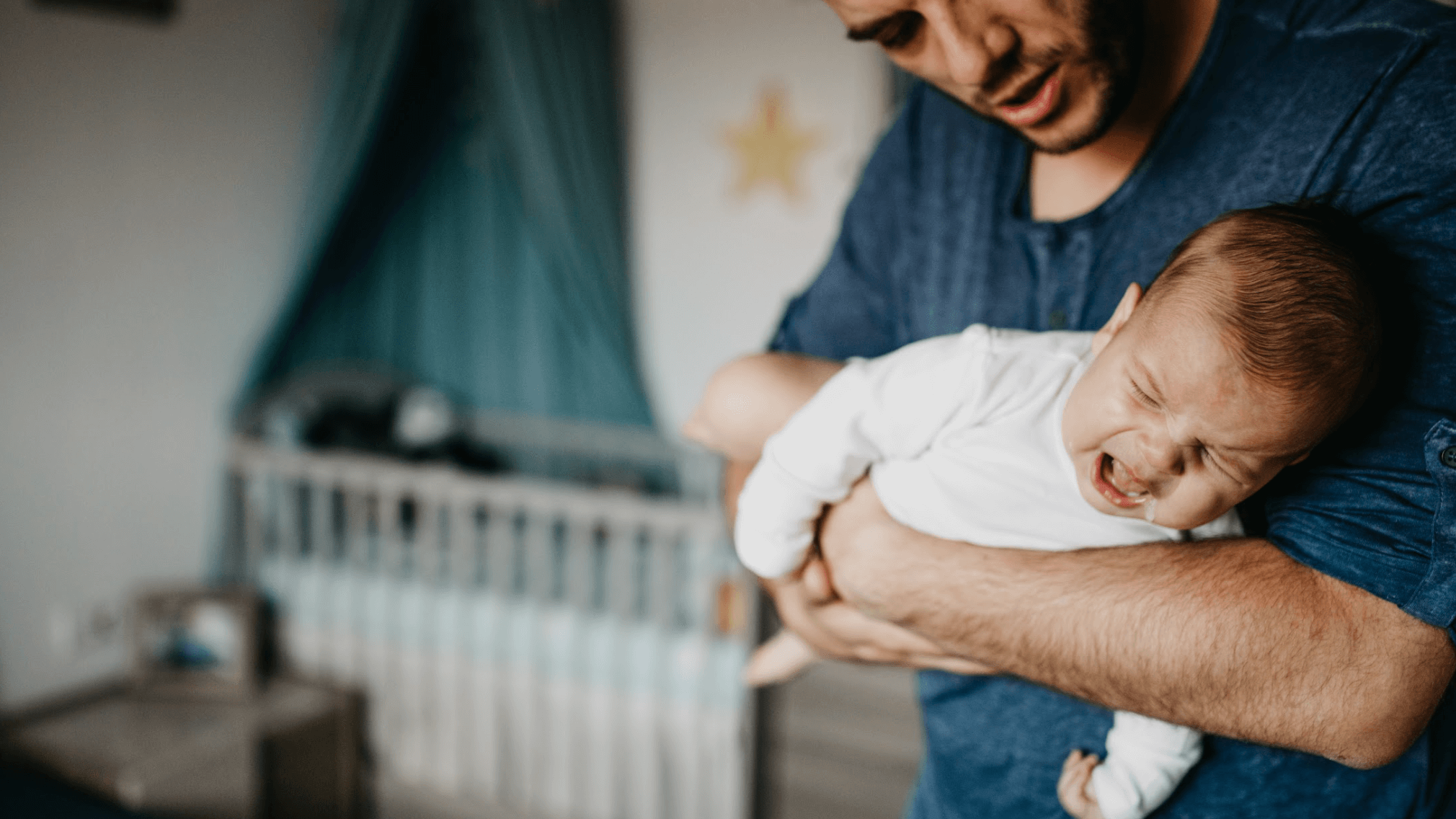How Should I Care for my Infant with RSV at Home?
&srotate=0)
While most people recover from respiratory syncytial virus (RSV) on their own without much difficulty, certain people are at a greater risk for developing severe and even life-threatening complications from RSV. These include children and, in particular, infants under six months of age. As we enter peak RSV season this winter, it is more important than ever to understand how to protect your baby from contracting the virus and what to do if he or she does become ill. At Health Services of North Texas, our expert team of providers is here to help your family stay safe and healthy this RSV season with a full range of education, care, and treatment services in Plano, Wylie, and Denton. In the meantime, use the helpful information below to better understand how you can minimize your child’s risk of contracting RSV and what at-home remedies can get them feeling better as soon as possible.
What is RSV?
RSV, or respiratory syncytial virus, is a highly contagious respiratory illness that can affect people of all ages and tends to peak on an annual basis in the fall and winter months. Patients at a heightened risk for RSV include:
- Young infants (under six months)
- Premature babies
- Infants, toddlers, and children with certain underlying conditions
- Elderly patients
- Immunocompromised patients
What are the signs of RSV in infants?
RSV symptoms often mimic the symptoms of a common cold, which can make the virus difficult to identify, especially in the early stages. In babies and infants specifically, RSV symptoms may include:
- Fussiness
- Irritability
- Crying
- Loss of appetite/refusal to eat
- Runny nose
- Congestion
- Cough
- Sniffles
- Labored breathing
- Wheezing sound when breathing
- Interrupted breathing
- Lethargy
When to take my baby to the doctor for RSV
If you suspect RSV in your child, schedule an appointment with your doctor as soon as possible. If their symptoms are worrisome or severe, such as difficulty breathing, seek treatment at your nearest ER or urgent care right away.
What can I do at home for my baby with RSV?
Once your baby has received evaluation and care from a medical provider and has been cleared to be monitored at home, there are some things you can do to make them more comfortable as they recover from the virus. At-home tips for caring for an infant with RSV include:
- Use a humidifier to keep moisture in the air
- Keep the room comfortably warm (not hot)
- Use a saline mist or rinse
- Give Tylenol or a similar medicine as recommended and directed
- Keep the baby hydrated
- Breast- or bottle-feed as usual
- Wash your hands regularly
- Keep surfaces clean
- Change the baby’s crib sheets often
With early medical attention and proper at-home care, babies typically recover from RSV without lasting side effects.
Give your child the care and protection they deserve during RSV season in North Texas
Keeping your child safe and healthy is always at the top of your priority list, but during cold, flu, and RSV season, it becomes even more important. If you have questions about RSV in children or suspect that you or one of your family members may be ill with RSV, call Health Services of North Texas for an RSV evaluation and care at any of our locations throughout Collin and Denton counties today. To schedule an appointment with Health Services of North Texas, click here.